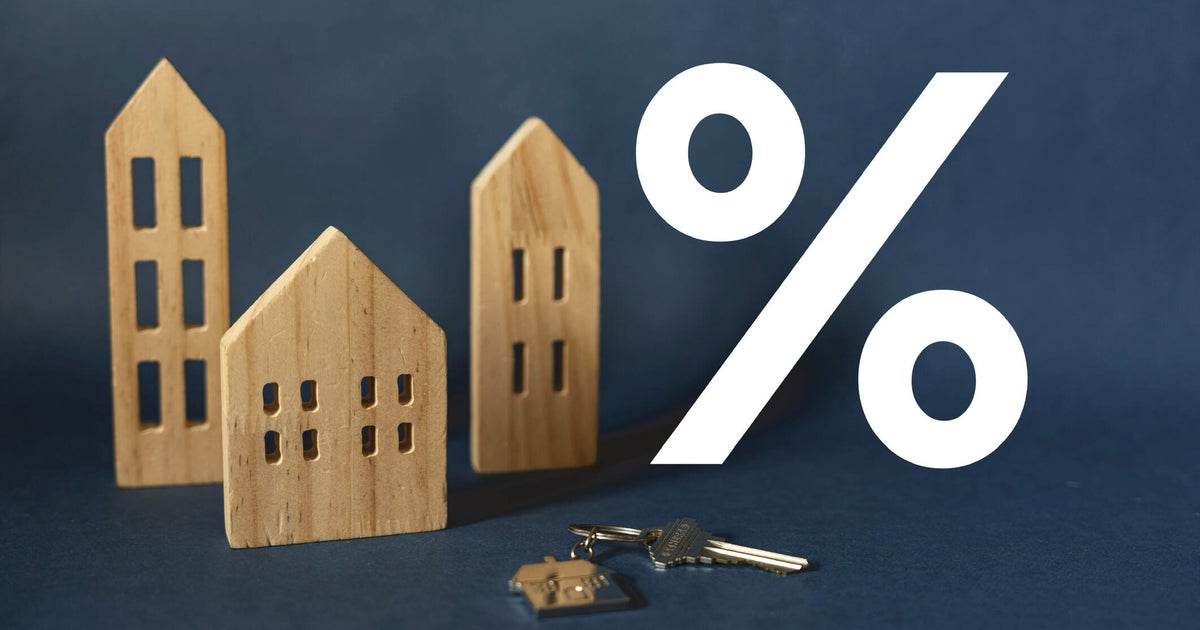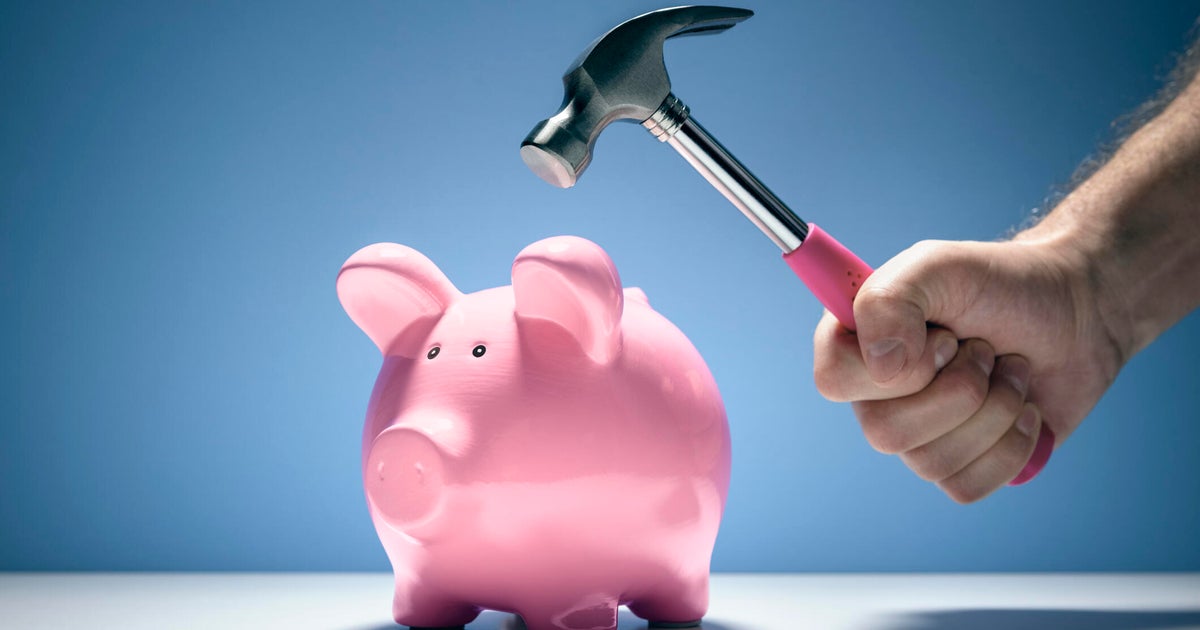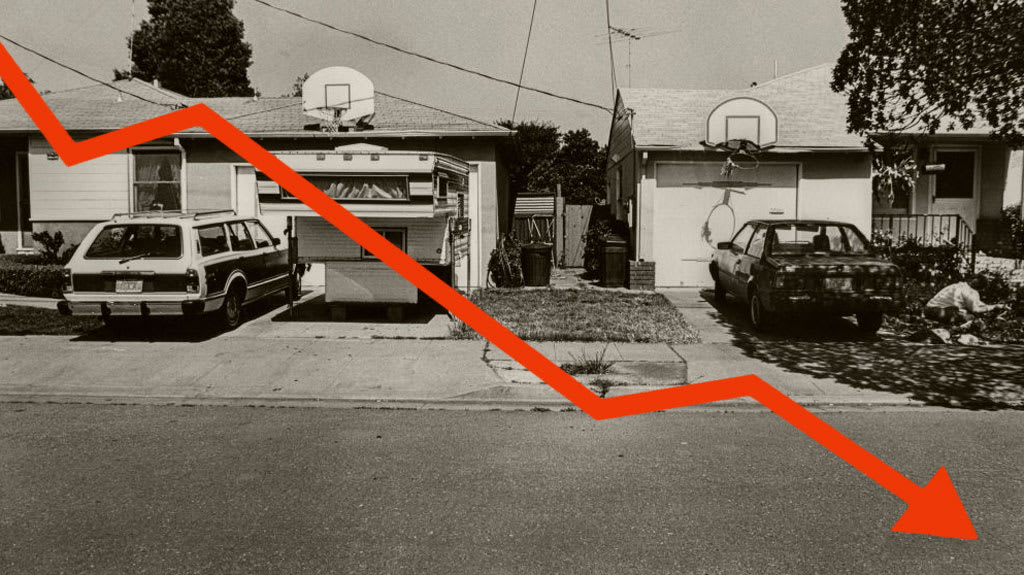How much interest would I pay on a $100,000 home equity loan?
There are a lot of ways to borrow money when you need it. For example, many Americans have student loans, have borrowed money to buy a car or have needed a mortgage loan to buy a home.
Another route you can take to borrow money is to tap into your home equity. This type of loan allows you to borrow a portion of the equity you've built in your home, typically at a lower rate than you'd get with another type of loan. A home equity loan also uses your home as collateral, meaning that if you fail to pay back what you've borrowed you could end up in foreclosure.
Before you take out a home equity loan, though, it's important to understand exactly how much you'll owe and have a plan to pay back the loan in a timely fashion.
Start shopping for a home equity loan online today.
How much interest would I pay on a $100,000 home equity loan?
The first thing to know about home equity loans is that they are amortized. What this means is that you'll make the same monthly payments as you're paying back your loan, but what your money goes to changes.
At first, a large part of your loan payment goes toward the interest charges and a small amount goes toward the principal. Over time, a larger portion of your payment goes toward paying down the principal until the entire loan is paid back.
Amortized loans are more complicated than simple interest loans. With a simple interest loan, you multiply the loan principal by the interest rate and term to determine the amount of interest you'll pay.
The math is trickier for amortized loans, but there are online calculators you can use to determine what you would owe if you took out a $100,000 home equity loan.
Considering a home equity loan? Browse rates right now.
Example 1: 10-year fixed-rate home equity loan at 9.09% interest
The average interest rate for a 10-year fixed-rate home equity loan is currently 9.09%. If you borrowed $100,000 with that rate and term, you'd pay a total of $52,596.04 in interest. Your monthly payment would be $1,271.63.
Example 2: 15-year fixed-rate home equity loan at 9.13% interest
The current average rate for a loan of this length is 9.13%. If you borrowed $100,000 with this rate and term, you would pay a total of $83,962.62 in interest, and have a monthly payment of $1,022.01.
How to use a home equity loan
There are a number of situations where taking out a home equity loan can be a good idea. One of the most popular is for home repairs or updates, often with the intention of increasing the resale value of your home.
Some potential projects you could tackle with a home equity loan include remodeling a bathroom, updating your kitchen, finishing your basement, replacing an old roof or even adding an outdoor space like a deck or a patio. These projects can be done for the purpose of enjoying them yourself, but they may also increase the value of your home on the open market. And, when you sell your home in the future, the increased price could well offset the interest you pay on the loan.
Home equity loans could also come in handy for emergencies. Let's say you have $5,000 in auto repairs and don't have the money to pay for it. You can use a home equity loan to pay those costs and avoid taking out a higher-interest personal loan.
While risky, you can even use a home equity loan to fund a small business.
The bottom line
A home equity loan is a good way to borrow money with a low interest rate compared to other types of loans. And, these loans can be used for a wide variety of purposes, from paying for an auto emergency to opening a small business. Before you take out a home equity loan, though, make sure you know exactly how much you'll be paying in interest and formulate a plan for repayment. If you don't, there could be serious repercussions.




